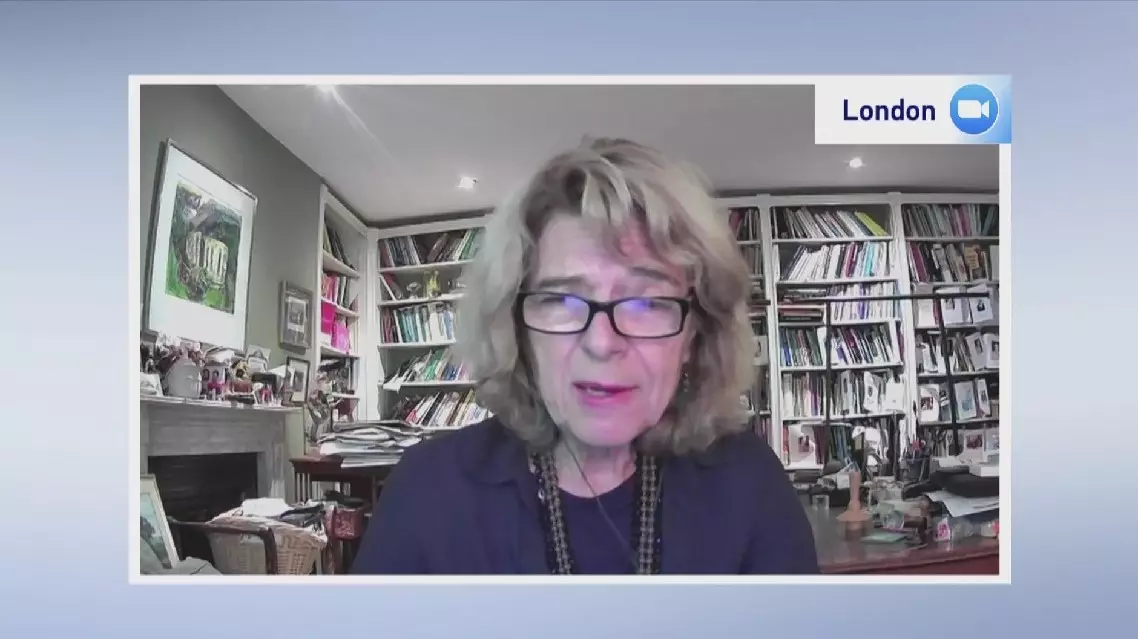A pair of typhoons that struck east China earlier this week will not cause price hikes of the highly sought-after freshwater crabs from the Yangcheng Lake in Suzhou City of Jiangsu Province, local researchers and a crab marketing center have said.
Typhoon Bebinca made landfall near Shanghai's Lingang area of Pudong District on Sept. 16, followed by Typhoon Pulasan, which struck Zhoushan in neighboring Zhejiang Province on Sept. 19, making a second landfall in Shanghai's Fengxian District later the same day.
Affected by the typhoons, Jiangsu experienced heavy to torrential rain from Sept. 15 to 19, just days before the start of the harvest season of Yangcheng Lake mitten crabs on Sept. 25.
After around-the-clock repair work following the typhoons, normal power supply has been resumed for the around 1,000 standardized ponds for farming of Yangcheng Lake mitten crabs, and locals have been implementing emergency oxygen supply for the crabs.
"The damaged nets around the ponds are being reinforced. And efforts are being enhanced in feeding the crabs and adding nutrition. We will carry out more management and patrol day and night," said Gao Haigang, official of a local agricultural law enforcement team.
Insurance companies have been carrying out compensations for the farmers who have suffered damage from the natural disaster.

Typhoons not push up prices of popular crabs: marketing center
The U.S. Federal Reserve's long-awaited rate cuts, reflect a cautious approach to a growing but uncertain economy, where a resurgence in manufacturing is countered by fluctuating consumer spending and concerns about the sustainability of current growth, according to a UK economist.
The U.S. Federal Reserve announced that it will slash the target range for the federal funds rate by 50 basis points, marking the first rate cut since March 2020 and signaling the start of a monetary policy easing cycle.
Instead of implementing a 25-basis-point cut, the Fed opted for an unusually large 50-basis-point reduction, indicating its confidence in the downward trend of inflation and highlighting its concerns about the weakening job market, analysts noted.
Whether this larger-than-typical rate cut can stabilize the slowing job market and mitigate potential risks to the U.S. economy remains to be seen. A soft landing isn't a done deal.
Vicky Pryce, chief economic adviser at the Center for Economics and Business Research, believes despite some positive economic indicators such as job growth and rising manufacturing, the U.S .interest rate cut was necessary due to concerns over future economic uncertainty.
"I think the U.S. cut had to come. As you've been hearing, they should have cut earlier and they finally did. It's a question as to whether they're worried seriously about the economy and how it might move in the future because it is true that for the moment what you're seeing is that the labor market, yes it's looking a little bit tricky, but overall it's not doing badly. Yes, unemployment has gone up a little bit overall, over the last few months, but it isn't huge. And what you've also got, of course, is an economy which is still growing. And second quarter figures were better than the first quarter figures. There is still strength there, we've seen manufacturing suddenly start picking up again in the U.S. after a few months of drops, so there is something there, but I think there is a lot of uncertainty and insecurity in the country right now,”said Pryce.
The central bank is worried that fluctuating consumer spending and delayed effects of past rate hikes could abruptly end current growth, potentially leading to a recession, Pryce noted.
"So the consumer, yes perhaps they are spending. One month they do, the other month they don't. Look at what has been going on in the UK. So in other words, there are concerns that what we're seeing right now in terms of reasonable growth is not going to persist. And it's not just what may happen in November with the presidential elections. It's also that the impact of those interest rate increases that the Fed had imposed and other countries as well take time or impact takes time to be felt in the economy, and it could be felt quite suddenly and cause a recession. And that is what I think increasingly the central bank is worried about. You did mention in the beginning that there's great variability," she said.
Pryce emphasized that while many countries have cut rates amid low inflation and growth concerns, current rates should be even lower to avoid disappointing economic outcomes.
"Lots of other countries have cut rates, whether you look at Canada for example, and the UK had cut rates earlier. So had the ECB twice, the European Central Bank, they didn't cut this time, and you wonder why? So the world is moving to a lower inflation environment, there are some concerns about growth. I think we should really be seeing interest rates a lot lower than they have been, because of course what happens next may well be very disappointing in terms of economic growth," said Pryce.

US Fed cuts reflect lingering economic uncertainty: expert










